The News
Descope announced the close of its seed round with an additional $35 million, bringing total funding to $88 million. The company also unveiled a new advisory board featuring executives from GoFundMe, Databricks, GoodRx, and MongoDB. The funding will accelerate R&D in agentic identity, expand regional presence, and grow the team across engineering and product. Read the full press release here.
Analysis
The application security market is evolving as AI agents and Model Context Protocol (MCP) servers become mainstream components in enterprise architectures. According to theCUBE Research and ECI Research, 70.4% of enterprises plan to increase AI/ML investments, and 44.5% are prioritizing identity and access management (IAM) in their next 12 months of security spending.
Descope’s focus on agentic identity management aligns directly with this trend, recognizing that every AI agent, API, and federated service must be authenticated and authorized just like human users. As developers move toward multi-agent and multi-tenant architectures, identity has become both the enabler and the control plane for secure automation.
Simplifying IAM for Developers
Traditional IAM and Customer IAM (CIAM) platforms were designed for human-centric authentication. Descope’s drag-and-drop approach to identity orchestration could give developers a no-code or low-code way to implement identity journeys, not only for customers, but also for partners and autonomous agents.
Our Day 0 survey shows 76.8% of organizations already use GitOps and 75.5% rely on automation for configuration consistency; this is a clear indication that developers expect similar automation in IAM workflows. Descope’s visual identity flows and connector ecosystem (supporting third-party tools like Forter, reCAPTCHA, and Bitsight) aims to meet that expectation by integrating identity as part of the CI/CD and policy-as-code pipelines.
Bridging the Agentic Gap
Authentication for AI agents and MCP servers has been ad hoc or custom-coded. Developers build temporary solutions that lack lifecycle management, policy enforcement, or observability, mirroring early DevOps fragmentation before GitOps maturity.
Descope’s introduction of its Agentic Identity Hub and Agentic Identity Control Plane represents a shift from human identity governance to “machine-to-machine” identity governance. This is critical as more developers integrate agentic systems that perform autonomous actions, data retrieval, or execution across APIs.
Developer Impact
Secure, compliant authentication at scale has been a longstanding challenge, particularly across hybrid or regulated environments. In our Day 2 data, 57.6% of organizations report full cloud-security integration with development, but 41% cite limited time or resources as their top challenge when developers take on more security responsibility.
Descope’s no-code orchestration and FedRAMP High authorization aims to directly address these gaps by enabling teams to secure user and agent identity without rewriting authentication logic or managing multi-cloud identity federation manually. The platform may operationalize security-as-code for agentic ecosystems.
Looking Ahead
The next evolution in IAM will be agentic identity governance that manages trust relationships between humans, systems, and autonomous agents. As organizations move toward AI-native architectures, identity becomes the foundation for policy enforcement, auditability, and ethical AI control.
Descope’s model exemplifies how identity management is shifting from being a backend compliance function to a developer-first enabler. Its continued traction and advisory board presence across major technology ecosystems (e.g., Databricks, GoodRx, MongoDB) suggest that federated, AI-aware identity orchestration will be central to the next generation of secure application delivery.
This marks the start of a future where authentication is more than just user login; it’s agent authorization, data trust, and workflow automation all built into the app stack.








